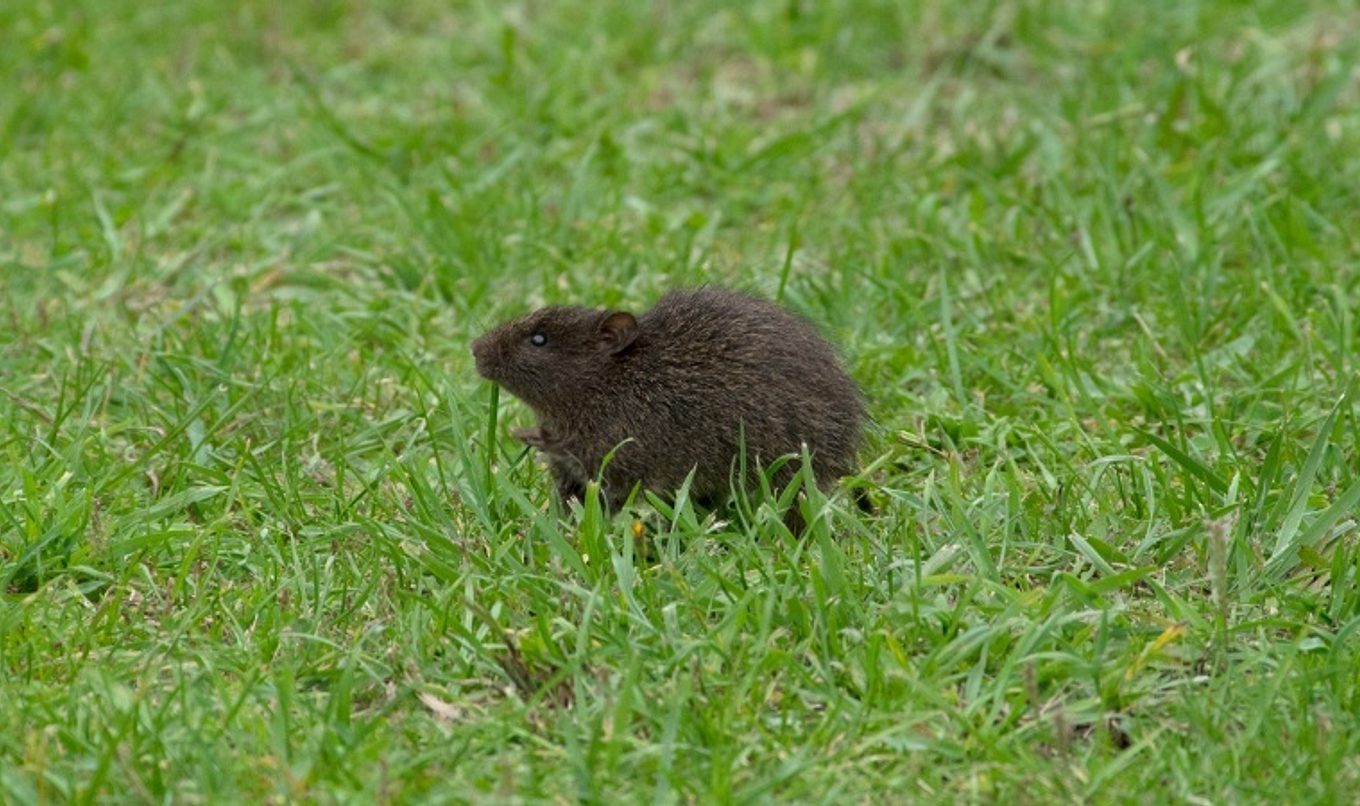Native critters caught up in case of mistaken identity
Native critters are caught up in a case of mistaken identity, with recent reports of feral rats in local gardens later identified as the rare and protected native eastern swamp rat (Rattus lutreolus).

Natural Resources South East Senior Ranger Cath Bell said the eastern swamp rat could easily be mistaken for a less popular feral species such as the black or brown rat.
“If you’re lucky enough to catch a glimpse of this shy native animal, you can tell it apart from a feral by looking at its ears and tail,” Cath said.
“Swamp rats have a shorter tail and shorter ears. The tail is roughly the same length as its head and body, where a feral rat’s tail is much longer. They’re also much cuter than feral rats!”
Unlike introduced black or brown rats, native swamp rats are herbivores, feeding on grass and sedge roots. Recent reported encounters seem to be associated with disturbance or clearance to other areas of people’s gardens.
“Swamp rats like moist areas with dense cover creating tunnels and excavations through the vegetation,” Cath said.
“The removal of sedge-type plants and dense lower canopies has seemingly encouraged them to move to other parts of people’s gardens where they are less welcome, for example the veggie patch.”
The eastern swamp rat is listed as rare and are protected under the National Parks and Wildlife Act. It is illegal to kill or interfere with protected wildlife.
“We encourage a ‘living with wildlife’ approach,” Cath said.
“That basically asks people to understand the needs of our native animals and consider their welfare when designing and maintaining their gardens and homes.
If you are lucky enough to have a native rat living at your place you could consider leaving a part of your garden unmanaged by leaving fallen branches and leaf litter lying around and allowing grasses to grow tall.
“Alternatively, to discourage them from your ornamental garden and veggie patch, keep grass short and control weeds or overgrown plants.”
For more information or advice on sharing your space with wildlife, contact Natural Resources South East on 8735 1177 or visit the Department for Environment website.

